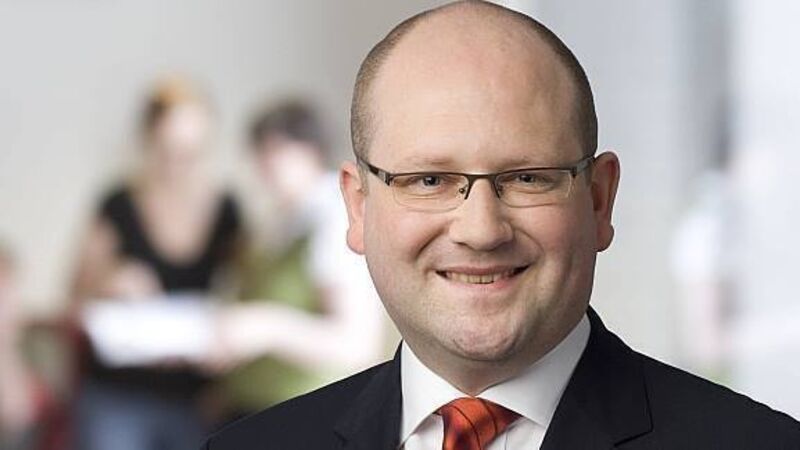Businesses struggling to keep doors open oppose pay rises

Mr Nash was addressing the joint Oireachtas committee on jobs, enterprise, and innovation which was examining the National Minimum Wage (Low Pay Commission) Bill 2015.
“We are very serious about issues pertaining to low pay,” he told the committee.













